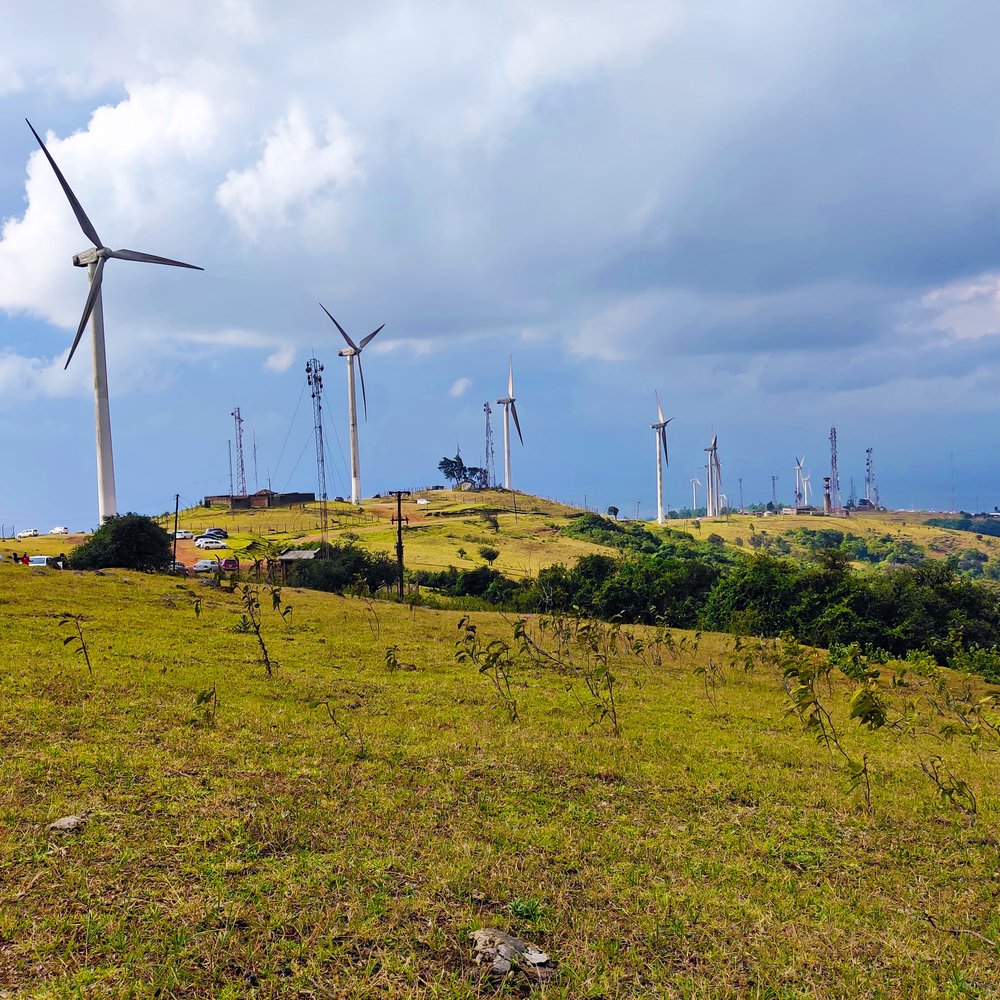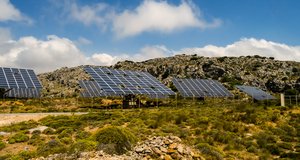Fast and fair renewable energy for Africa: Lessons from Kenya

Shutterstock (purchased)

Shutterstock (purchased)
A welcome number of countries in Africa are embracing renewable energy, recognising the sector's potential for accelerated growth in order to address persistent energy poverty and drive an inclusive, just and sustainable energy transition. To realise these goals, the renewable energy value chain in Africa is poised for significant investment: from extraction of Africa’s transition minerals—including cobalt, zinc, copper and manganese—which are critical for renewable technology such as electric batteries, wind turbines and solar installations, as well as renewable energy installations themselves.
This briefing looks at case studies from Kenya which provide rich lessons for Africa on how to achieve a fast and fair shift to renewable energy and avoid delays and suspensions where irresponsible approaches create misery or dispossession for communities and workers. The cases concern renewable energy installations in Kenya which have been linked to allegations of rights violations, loss of livelihood and violations of the rights of Indigenous peoples, including the right to Free, Prior and Informed Consent (FPIC) by surrounding and affected communities. Importantly, the resulting understandable protests have led to project delays – with real and immediate consequence for investors.
For the energy transformation to deliver shared prosperity for local communities, build companies’ social licence to operate, provide stable returns to investors and offer the best chance for the development of a sustainable African clean energy sector, it is imperative that renewable energy investors and companies uphold their human rights responsibilities.
Recommendations for investors:
- Undertake rigorous human rights and environmental due diligence and review potential investees for any past involvement in human rights abuses.Avoid investing in companies with this track record.
- Engage investee companies which cause, contribute to, or are directly linked to human rights and environmental harms, including attacks on HRDs, to insist companies rapidly mitigate harm and provide access to remedy to those affected. Where land has been acquired from the community by the company or through the government on behalf of the investee company, investors should ensure that such acquisition did not compromise livelihoods, and that compensation provided is fair and timely.
- Where an Indigenous community is affected, investors should require the investee companies to ensure that all aspects of their operations are respectful of the Indigenous community’s rights, including the right to FPIC.This must include special measures to protect women and livelihoods.
- Engage regularly with investee companies to ensure they have put in place mitigation and remediation measures to human and environmental risks associated with their projects, to prevent abuse and avoid legal, financial, and regulatory risks.
- Establish and publicly communicate human rights standards for all renewable energy investment (for both investors and investor-owned companies), consistent with the UNGPs and emerging official ESG standards.
- Support companies which engage in both co-benefit and co-ownership models to build long-term value and stable development.
- Divest as a last resort, and with an exit strategy that includes human rights and environmental due diligence to avoid abuse and harm.
Further reading
Transition Minerals Tracker
Extraction of cobalt, copper, lithium, manganese, nickel, and zinc—core components for renewable energy technology—is expected to rise dramatically with a global shift towards clean energy. Yet many of the companies producing these minerals are beset with allegations of human rights abuse. Explore projects and allegations, the latest news and our analysis.
Renewable Energy & Human Rights Benchmark
A rights-respecting renewable energy will be vital if we are to deliver a fast and fair energy transition. This second global human rights benchmark examines the human rights policies of 15 of the largest wind and solar companies.
Natural Resources
Energy, minerals, land and water sit at the heart of the transition to low-carbon economies, and at the start of every supply chain. However, the use of our planet's resources is all too often entwined with human rights abuse. Explore information, tools and research on Natural Resources and human rights.
In the news:
Kenya’s Green Power Push Marred by Human Rights Breaches, Report Says [Bloomberg]
Human rights failures in Kenya offer lessons for SA’s ‘just transition’ [BusinessDay]